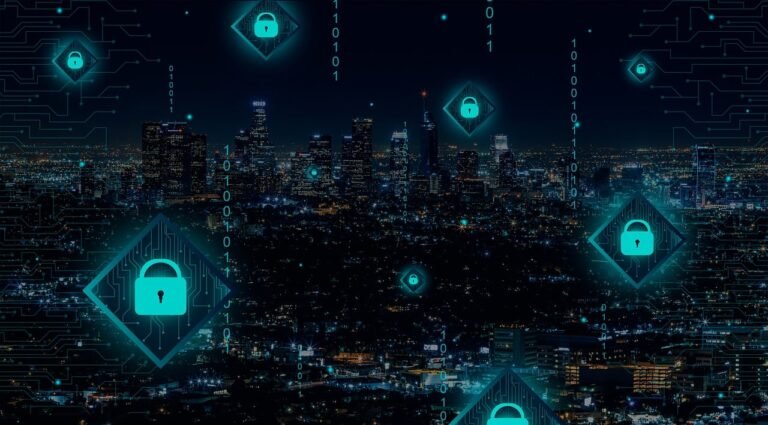Governments’ Losing Battle: Exclusive Backdoor Access Failures
Governments’ losing battle against secure encryption methods has become increasingly evident in recent years. As cybersecurity threats evolve and digital privacy concerns grow, many authorities have sought to establish a system of exclusive backdoor access to encrypted data. However, this strategy has met with significant pushback from tech companies, civil liberties organizations, and the public. Understanding the dynamics of this contentious issue reveals important implications for privacy, security, and the future of technology.
The Concept of Backdoor Access
Exclusive backdoor access refers to a method where governments or law enforcement agencies are granted special access to encrypted systems or data, ostensibly to aid in criminal investigations. The idea is that companies would create mechanisms that allow for secure data retrieval by authorities, without compromising the integrity of the encryption for ordinary users.
However, the proposal of backdoor access has ignited a fierce debate over its effectiveness and moral implications. Critics argue that implementing such access would inherently weaken security systems and could lead to significant vulnerabilities, making them attractive targets for cybercriminals.
The Technical Challenges
One of the major challenges around exclusive backdoor access lies in the technology itself. Encryption is designed to protect data from unauthorized access. Creating a backdoor means either incorporating a secret key known only to the government or developing a method for decryption that requires cooperation from the service providers.
The technical feasibility of such approaches has been repeatedly called into question. Many experts warn that introducing a backdoor, even for legitimate purposes, can lead to unexpected consequences. Hackers or malicious actors may discover and exploit these vulnerabilities, putting a larger group of users at risk than the initial threat the government sought to eliminate.
Legal and Ethical Considerations
Beyond technical hurdles, the issue of exclusive backdoor access raises significant legal and ethical questions. The core of the debate centers on privacy rights versus national security. Advocates for backdoor access argue that it is essential for enforcing the law and preventing crime. Yet, opponents contend that sacrificing user privacy sets a dangerous precedent that could lead to increased surveillance and erosion of civil liberties.
In many democracies, there is a fundamental right to privacy, and infringing upon it excessively undermines public trust in both the government and technology companies. Some legal frameworks require law enforcement to have a warrant before accessing personal information, complicating government attempts to impose backdoor access.
Impacts on Technology Companies
Tech companies find themselves at a crossroads when confronted with demands for exclusive backdoor access. On one hand, they face pressure from governments to comply with laws aimed at combating crime and terrorism. On the other, they must prioritize user trust and data security — factors that significantly influence their business models.
Many firms have publicly refused to implement backdoors. Notable examples include Apple, who resisted requests to unlock iPhones for law enforcement, emphasizing that doing so would compromise the privacy and security of all its users. This enduring conflict between adhering to regulatory demands and maintaining user privacy has led to a cultural shift where tech companies position themselves as champions of digital rights.
Public Reactions and Future Outlook
As awareness around privacy and security issues increases, public sentiment is increasingly leaning toward protecting personal data. A growing number of individuals value their digital privacy over the perceived safety benefits offered by government-accessible backdoors. High-profile data breaches and surveillance scandals have further heightened these concerns.
As a result, the question of exclusive backdoor access may not just be a technical or legal issue, but a societal one, demanding a fresh dialogue. Governments may need to explore alternative methodologies to maintain security and combat crime without compromising the essential rights of their citizens.
Conclusion
Governments’ losing battle over exclusive backdoor access exemplifies the complex interplay between security, privacy, and technology. As the debate unfolds, it is becoming clear that any approach that balances these factors will require a collaborative effort involving policymakers, technology companies, and civil society. The future of data security and personal privacy hinges on finding innovative solutions that uphold ethical standards while ensuring safety in an increasingly digital world.








